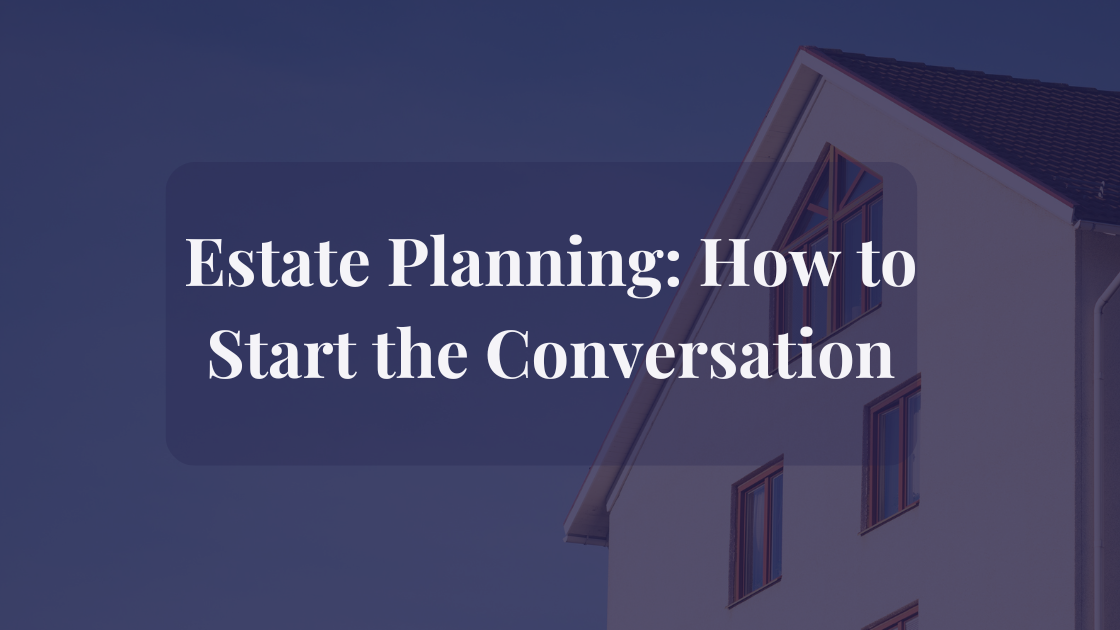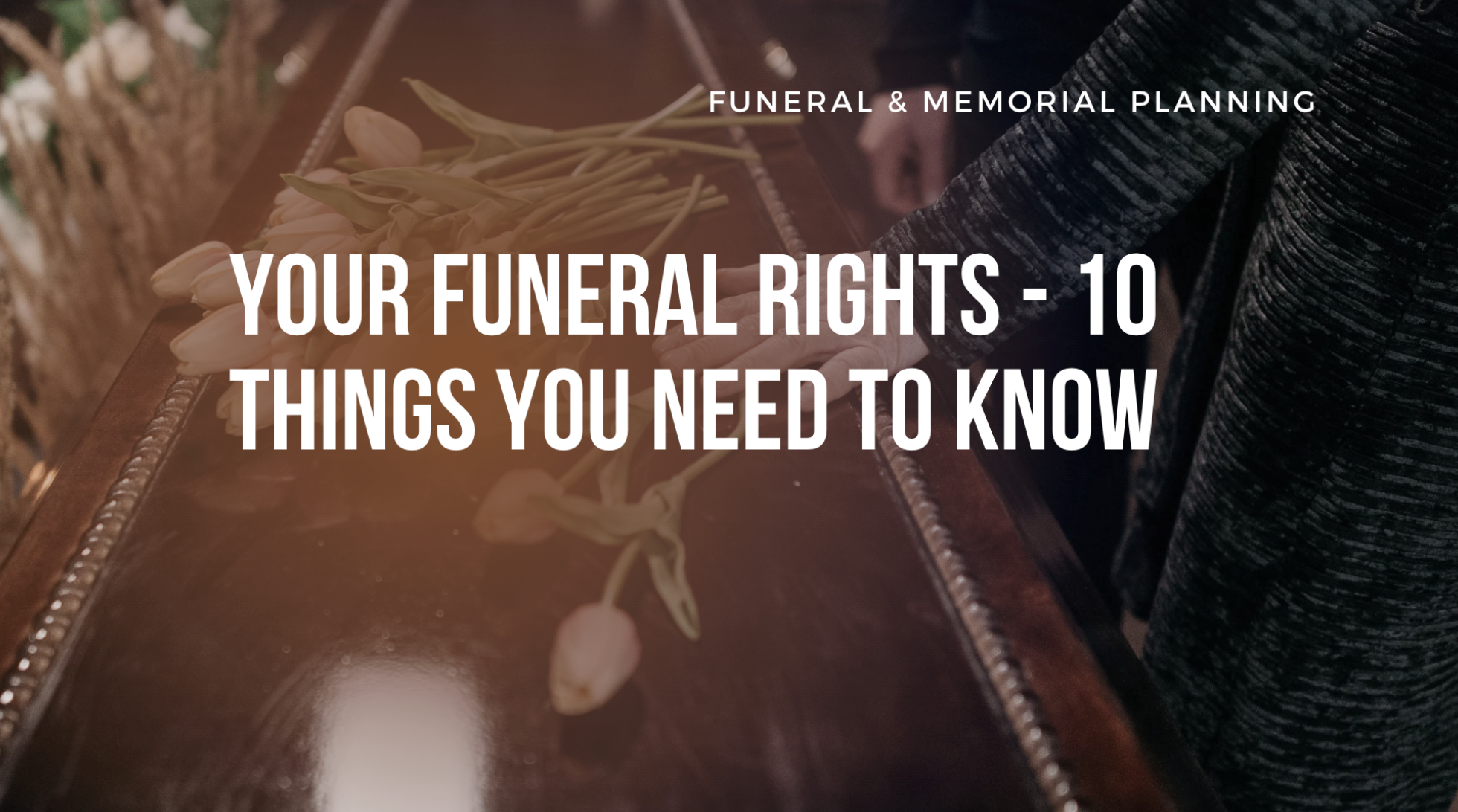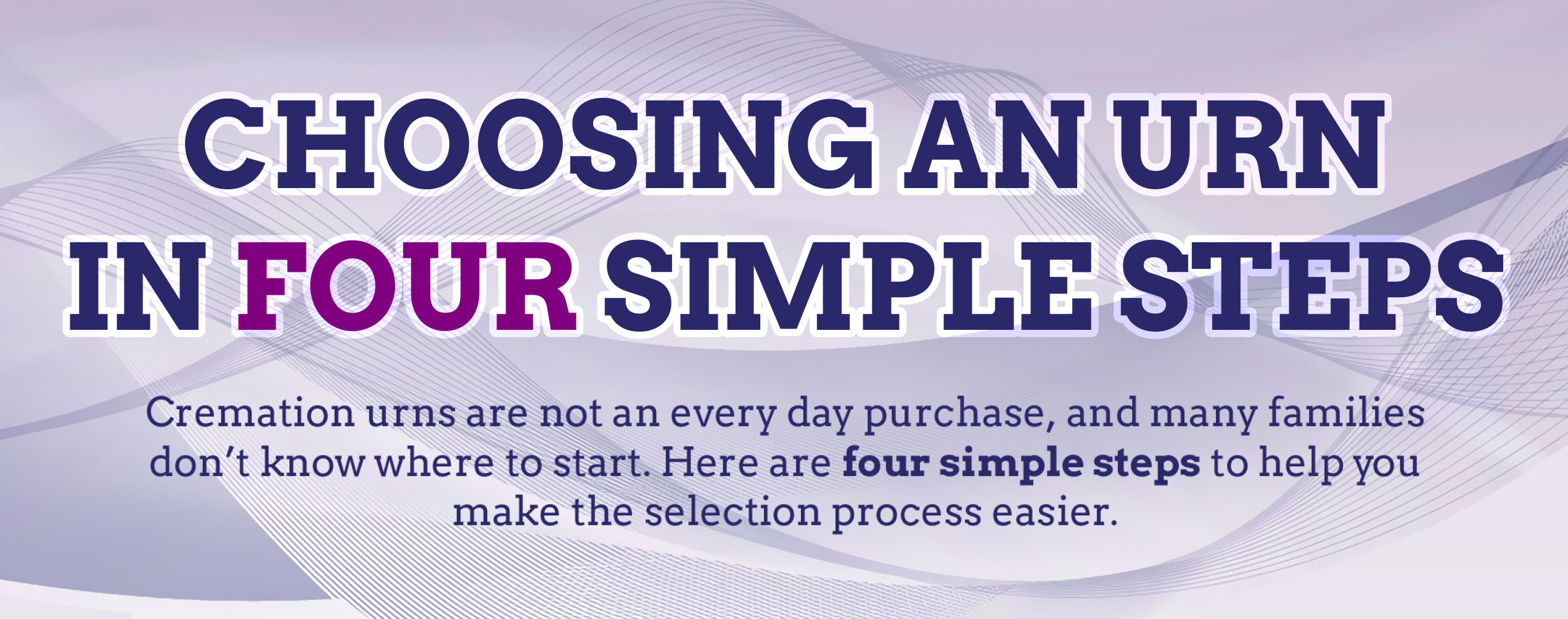After experiencing the loss of a loved one, many of us realize just how important it is to plan ahead—not only for our own peace of mind but to ease the burden on those we leave behind. Estate planning allows you to take control of how your financial assets, personal items, and cherished possessions are handled when you're no longer here. It’s a way to ensure your wishes are respected and that your family is protected during a difficult time.
How to Bring Up Conversations About Estate Planning
Starting a conversation about estate planning with family can feel daunting, but it’s a necessary and loving step. Consider framing the conversation around your desire to take care of your family and avoid confusion or disagreements. As an example, you could say: "I know estate planning is not an easy topic, but I want to make sure everything is organized for the future so there’s less stress for everyone. Can we talk about it together?"
Cremation vs. Burial: Making the Right Choice for You
One of the key elements of estate planning involves deciding between traditional burial and cremation. Each option has its own considerations—cremation may appeal to those who appreciate flexibility and eco-friendliness, while burial might align with traditional values. Discussing these choices with loved ones ensures your wishes are honored.
When considering cremation, families often have more options than they realize. Here are some lesser-known facts to aid your decision:
If you desire a traditional resting place, you can opt for a niche in a columbarium or have your ashes buried in a cemetery plot. For a niche, you will need to select a niche urn and confirm the size requirements before ordering. For burial, you may need to purchase an urn vault in addition to the cremation urn to meet cemetery requirements for protecting the urn in the ground.
You can also bring your own urn to a funeral home. By law, they must accept urns purchased from outside providers, allowing you to choose one that reflects your style without being limited to their offerings. Additionally, you have the right to direct cremation, which is a lower-cost alternative. Remember, if you wish to be cremated, you can still have a memorial service that is just as meaningful as a traditional funeral.
To learn more about your rights and options when working with a funeral home, check out our blog post, "Your Funeral Rights: 10 Things You Need to Know."
Selecting the Right Urn as Part of Your Final Wishes
If cremation is part of your estate planning decision, choosing an urn that reflects your personality or your connection to nature can be a meaningful part of the process. Many families appreciate the comfort of knowing their loved one chose a specific urn in advance, as it takes the guesswork out of an emotional decision.
At Stardust Memorials, we offer a wide selection of urns—from eco-friendly options like scattering tubes, Himalayan salt urns, and urns for water burial to stately, timeless urns made of solid wood, stone marble, hand-thrown ceramic, glass, and brass. Discussing these choices with your family ensures they understand your preferences and can feel confident they are honoring your wishes.
For more help deciding which urn is right for you, check out our blog post, "Guide to Choosing an Urn."
Finding an Estate Planning Professional Near You
Estate planning is a complex process that benefits from professional guidance. If you’re looking for support, finding an estate planning lawyer near you is a good first step. Professionals with the Accredited Estate Planner or Estate Planning Law Specialist designations can provide specialized knowledge to help you create a tailored plan. You can search for these professionals through organizations like the National Association of Estate Planners and Councils (NAEPC), which offers resources and referrals for your area.
What Does Estate Planning Cost?
The cost of estate planning can vary depending on the complexity of your situation and the types of documents you need. A basic estate plan often includes a will, healthcare proxy, and power of attorney, while more complex plans may involve setting up trusts. Costs can range from $20 to $500 for basic online services, while comprehensive plans can range from $1,000 to over $5,000. Discussing estate planning costs with your lawyer upfront will give you a clear idea of what’s involved. Remember that it’s important to plan for final arrangements such as cremation, including the cost of the urn or other memorial items.
By taking steps now to prepare for the future, including discussing your preferences for cremation and selecting an urn that reflects your life, you’re giving your loved ones the gift of security and clarity. Whether you're starting a conversation with your family or seeking the advice of an estate planning professional, the decisions you make today can have a lasting, positive impact on those you love.



